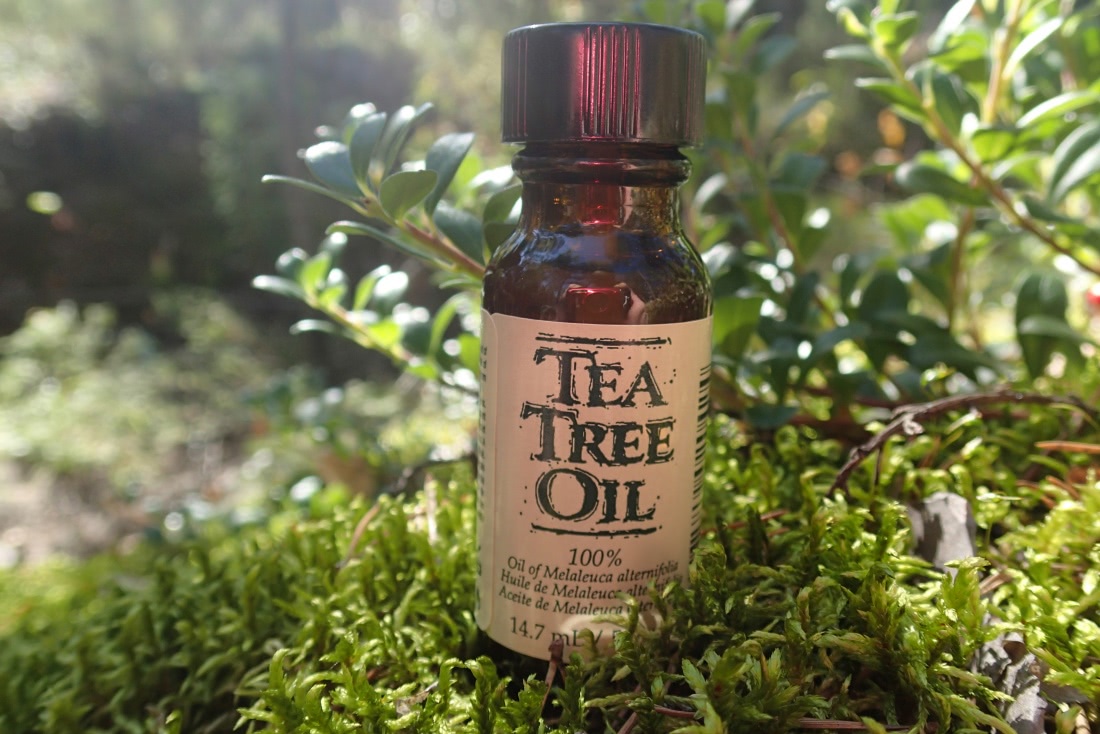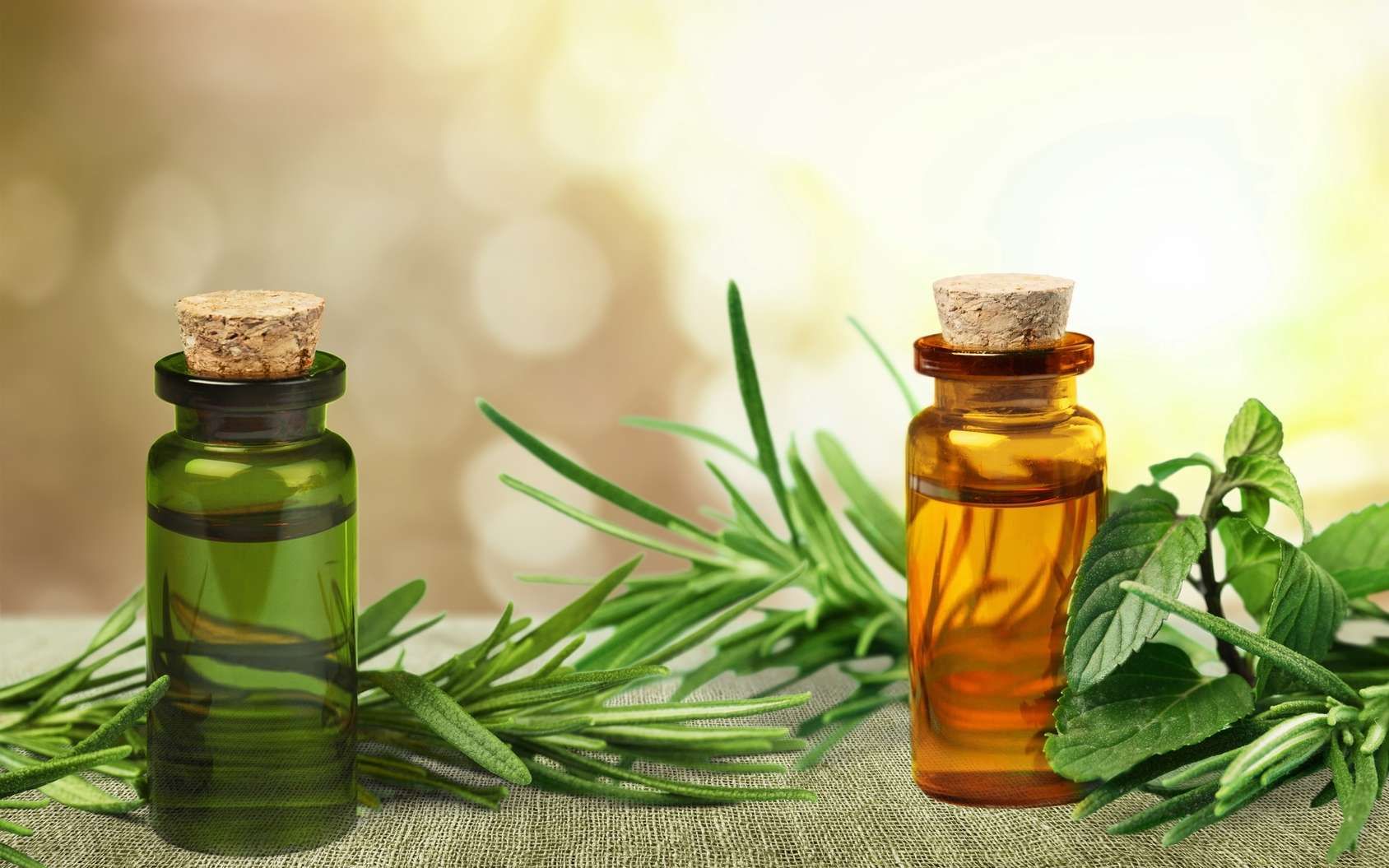
Tea Tree Oil: The Powerful Essential Oil for Health, Beauty, and Home Care
Tea tree oil, often hailed as a miracle ingredient in natural health and beauty, has been used for centuries due to its powerful antibacterial, antifungal, and antiviral properties. Derived from the leaves of the Melaleuca alternifolia, an Australian native plant, tea tree oil has become a staple in many households for its versatility and effectiveness. From skincare to cleaning, tea tree oil offers a wide range of benefits, making it a must-have in your wellness and household arsenal.
In this article, we’ll explore the numerous uses of tea tree oil, its health benefits, and how you can incorporate it into your daily routine for optimal results.
What is Tea Tree Oil?
Tea tree oil is an essential oil extracted from the leaves of the Melaleuca alternifolia plant, primarily grown in Australia. Its distinct fragrance and therapeutic qualities have earned it a prominent place in both traditional and modern wellness practices. Tea tree oil is rich in compounds like terpenes, including terpinen-4-ol, which is primarily responsible for its antimicrobial properties.
For centuries, the Aboriginal people of Australia used tea tree oil to treat cuts, infections, and skin ailments, and its popularity in alternative medicine has only grown in recent years. Today, it is commonly used in a variety of health, beauty, and cleaning products due to its potent natural benefits.
Health Benefits of Tea Tree Oil
Tea tree oil offers a wide range of health benefits due to its powerful antiseptic properties. It is especially known for its ability to fight infections, bacteria, viruses, and fungi. Here are some of the most notable health benefits:
1. Fights Acne
One of the most well-known uses of tea tree oil is for acne treatment. Thanks to its antibacterial and anti-inflammatory properties, tea tree oil helps combat the bacteria that cause acne, while also reducing redness and swelling. Applying diluted tea tree oil to affected areas can help clear up pimples and prevent new breakouts. Many commercial acne treatments contain tea tree oil for this reason.
2. Treats Fungal Infections
Tea tree oil is widely recognized for its ability to combat fungal infections like athlete’s foot, nail fungus, and ringworm. Its antifungal properties help kill the fungus, soothe irritation, and promote healing. Simply applying diluted tea tree oil to the affected area a few times a day can make a significant difference in treating these conditions.
3. Relieves Skin Irritations
Tea tree oil can provide relief from a variety of skin irritations, including insect bites, minor cuts, and rashes. Its antiseptic and anti-inflammatory qualities reduce inflammation, speed up healing, and prevent infection. Additionally, it can soothe itchy skin caused by conditions such as eczema and psoriasis when applied in a diluted form.
4. Boosts Immune System
Tea tree oil is believed to enhance the immune system due to its antimicrobial effects. It can help fight off infections, colds, and respiratory issues by cleansing the air and your body of harmful bacteria and viruses. Some people use it in steam inhalations or diffusers to help clear respiratory passages and improve overall immune function.
5. Natural Deodorizer
Tea tree oil’s antibacterial properties make it an effective natural deodorizer. It eliminates the bacteria responsible for body odor, leaving you feeling fresh. You can add a few drops to your deodorant or even make your own by diluting tea tree oil with a carrier oil like coconut oil and applying it directly to your underarms.
Beauty Uses of Tea Tree Oil
Tea tree oil is widely used in the beauty industry due to its ability to promote clear skin, hair health, and overall hygiene. Here are some beauty-related uses of tea tree oil:
1. Hair Care
Tea tree oil is a great natural remedy for scalp issues, including dandruff and dry scalp. Its antifungal and antiseptic properties help reduce flakiness and itching. By adding a few drops to your shampoo or massaging it directly onto your scalp, you can improve scalp health, stimulate hair growth, and maintain a healthy hair follicle environment.
2. Nail Health
Tea tree oil is effective in treating fungal nail infections and promoting overall nail health. It can help strengthen nails, reduce brittleness, and combat fungal growth. A few drops applied to nails and cuticles can keep them healthy and free from infections.
3. Natural Facial Toner
Tea tree oil can act as a natural toner for your skin. Its antimicrobial properties make it effective for reducing the appearance of blemishes and improving skin texture. Simply dilute a few drops in water and use a cotton ball to apply to your face, helping to cleanse pores and prevent acne outbreaks.
Household Uses of Tea Tree Oil
In addition to its health and beauty benefits, tea tree oil is an excellent natural cleaner and disinfectant, making it a valuable tool in your home cleaning routine.
1. All-Purpose Cleaner
Tea tree oil can be used as a powerful all-purpose cleaner to disinfect surfaces in your home. Simply mix a few drops of tea tree oil with water and a small amount of vinegar or baking soda to create an effective cleaning solution. This natural cleaner can be used on countertops, sinks, bathroom surfaces, and even in the kitchen to kill germs and bacteria.
2. Air Freshener
Tea tree oil’s fresh, invigorating scent makes it an excellent air freshener. You can use it in a diffuser to purify the air and eliminate unpleasant odors. Its antibacterial properties also help eliminate airborne bacteria, promoting cleaner air in your home.
3. Mold and Mildew Prevention
The antifungal properties of tea tree oil make it effective for treating mold and mildew. Spray a mixture of water and tea tree oil on areas prone to mold, such as bathrooms and basements, to prevent growth and maintain a healthy living space.
How to Use Tea Tree Oil Safely
While tea tree oil offers a wide range of benefits, it’s important to use it safely. Here are a few tips for using tea tree oil effectively:
- Dilution is Key: Tea tree oil should always be diluted with a carrier oil (such as coconut oil or olive oil) before applying it to your skin to avoid irritation. A good rule of thumb is to use 1-2 drops of tea tree oil for every teaspoon of carrier oil.
- Patch Test: Before using tea tree oil on large areas of your skin, perform a patch test by applying a small amount to a less sensitive area (like the inside of your elbow) to check for any allergic reactions or irritation.
- Avoid Ingestion: Tea tree oil should never be ingested, as it can be toxic when swallowed. Keep it out of reach of children and pets.
- Consult a Healthcare Provider: If you are pregnant, nursing, or have a pre-existing medical condition, it’s always a good idea to consult with a healthcare professional before using tea tree oil.

Conclusion
Tea tree oil is a versatile and powerful natural remedy that offers a wide range of benefits for health, beauty, and home care. From treating acne and fungal infections to disinfecting surfaces and promoting hair growth, tea tree oil’s unique properties make it a valuable addition to your wellness routine. Whether you use it for skin care, hair health, or as a natural cleaner, tea tree oil provides a chemical-free alternative that is effective, eco-friendly, and safe for most people. With its many uses, tea tree oil is truly a multi-purpose essential oil that deserves a place in your home.

Leave a Reply